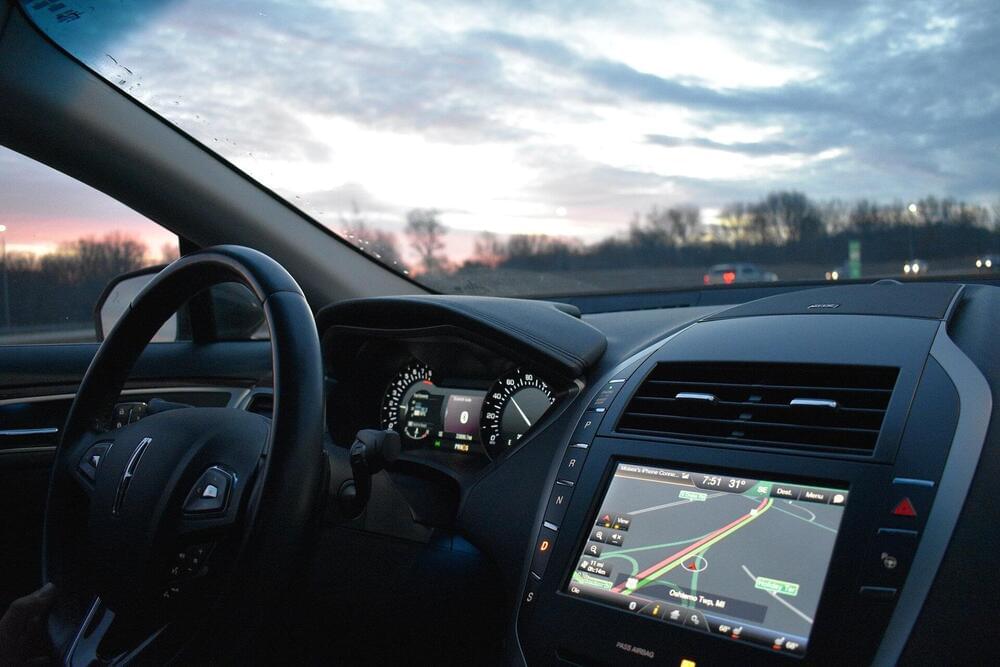2077 — 10 Seconds to the Future — Mutation | Science Documentary.
2077 — 10 Seconds to the Future | Global Estrangement: https://youtu.be/CTOduDIkcdM
We are at the starting line of an exponential technological change. In the coming decades we will experience the dematerialization of technology. Computers will abandon desks to be installed in eyes, in walls and in everything that surrounds us. Chips will be integrated in virtually everything around us, transmitting vital information. The quality of life and the average life expectancy will increase astoundingly, and aging will be delayed. We will have the capacity to choose genes for our children and to create new forms of life. In 2007, a smartphone had more power than the computers NASA used to take man to the moon in 1969. In 2077 it’s likely that we will control the objects around us through our thought. The opinion that the revolution under way is the biggest and fastest ever is unanimous, with the interception of genetics, nanotechnology and artificial intelligence. The consequences are many and cross-cutting, with great impact on our health. However, the rise of the machine raises unprecedented challenges, even the possibility of the extinction of Humankind itself.
▬▬▬▬▬▬▬▬▬
Subscribe Free Documentary Channel for free: https://bit.ly/2YJ4XzQ
Instagram: https://instagram.com/free.documentary/
Facebook: https://bit.ly/2QfRxbG
Twitter: https://bit.ly/2QlwRiI
▬▬▬▬▬▬▬▬▬
#FreeDocumentary #Documentary #2077
▬▬▬▬▬▬▬▬▬
Free Documentary is dedicated to bringing high-class documentaries to you on YouTube for free. With the latest camera equipment used by well-known filmmakers working for famous production studios. You will see fascinating shots from the deep seas and up in the air, capturing great stories and pictures from everything our beautiful and interesting planet has to offer.
Enjoy stories about nature, wildlife, culture, people, history and more to come.





